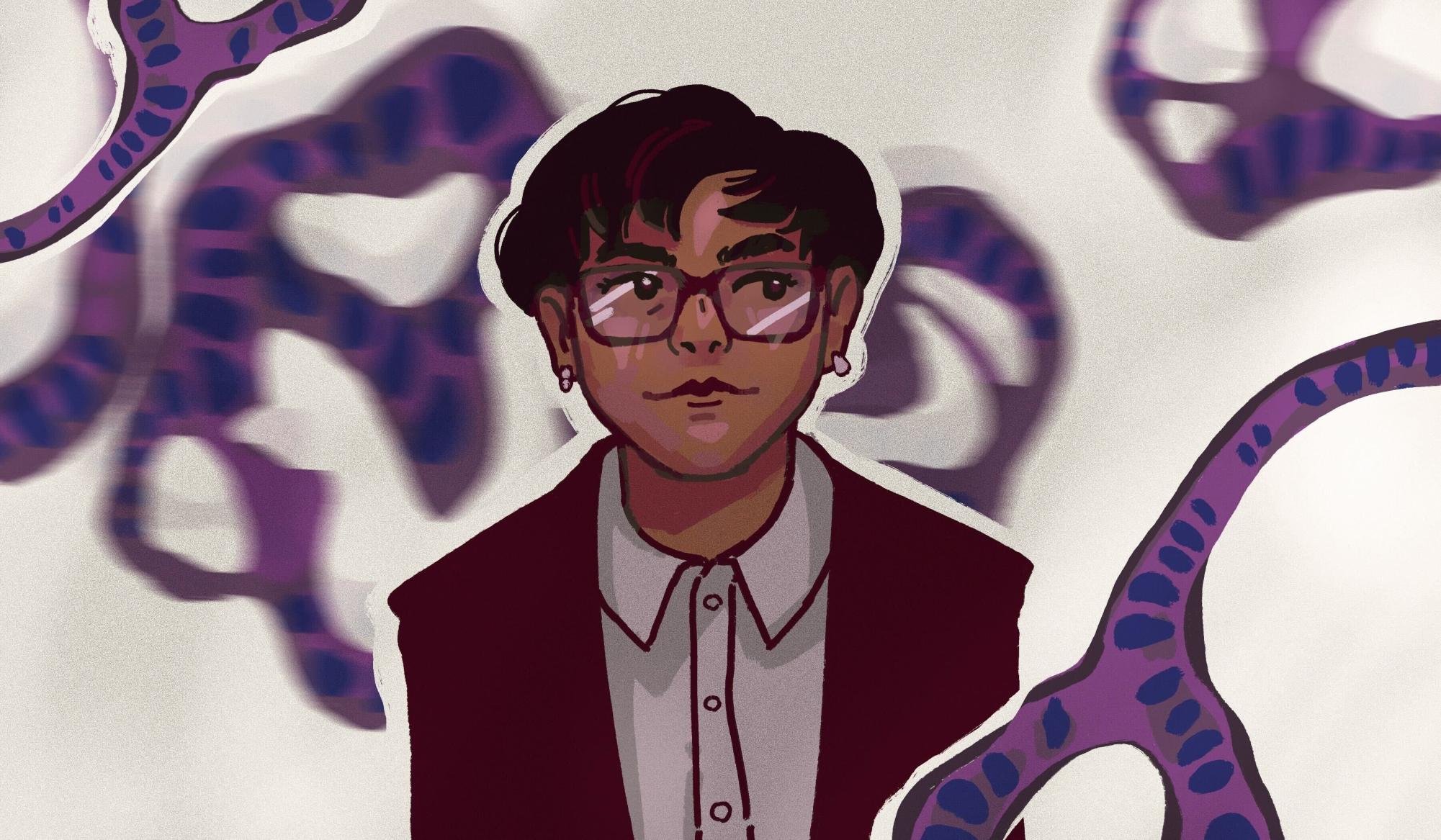Researchers at UC San Diego believe they have identified the next step in advancing our understanding of Crohn’s disease, a chronic autoimmune disorder where the immune system mistakenly attacks healthy tissue in the digestive tract.
Using adult stem cells — cells taken from fully developed tissues — they have been able to create organoids, which are tiny, lab-grown versions of human organs. These organoids have helped scientists more effectively study the development of Crohn’s disease, leading to the identification of two molecularly distinct subtypes of the condition.
Courtney Tindle, M.S., program manager and director of operations at HUMANOID Center of Research Excellence, has been instrumental in discovering pathways for individualized treatment for the approximately 500,000 Americans living with chronic inflammatory bowel diseases.
“We derive these stem cells from adult stem cells. They come from the tissue where the disease is occurring. … When you’re using adult stem cells, they keep their epigenetic modifications. They remember where they come from. So, we’re not programming them to be some type of organ, yet, they themselves generate into colon organoids, and they keep the disease signature,” Tindle said in an interview with The UCSD Guardian.
Crohn’s disease occurs when the immune system attacks healthy tissue in the digestive tract, causing scarring and inflammation. Symptoms include diarrhea, weight loss, fatigue, and severe stomach pain. In particularly severe cases, damage to the gut requires surgery.
According to a news report from the University of California, there is a known “combination of anti-inflammatory drugs [that] helps a fraction of the patients but only temporarily,” says Pradipta Ghosh, M.D., professor of cellular and molecular medicine and faculty director of the HUMANOID Center. This means that current treatments often fail to provide long-term relief to patients.
For example, patients with IDICD may benefit from treatments that help clear infections by boosting the immune system. On the other hand, those with S2FCD may respond better to drugs aimed at preventing or reversing tissue scarring and addressing cellular aging.
So far, studying complex diseases like Crohn’s with reprogrammed skin cells has been challenging because the cells often lose their original characteristics. In this new study, UCSD researchers overcame this by developing organoids from the adult stem cells found in the gut tissue of Crohn’s patients using adult stem cells. These cells retained epigenetic marks, which are chemical changes that allow the cells to “remember” the gut’s environment, making the organoids more similar to diseased tissue.
Researchers used RNA sequencing, a method to analyze the activity of genes, to identify two different forms of Crohn’s disease: immune-deficient infectious-Crohn’s disease (IDICD) and stress and senescence-induced fibrostenotic-Crohn’s disease (S2FCD). Patients with IDICD have a weak immune system that struggles to fight infections, while those with S2FCD experience scarring that narrows the gut. “There are specific cellular processes that are different between the two subtypes, so targeting the defects in each of them is key,” Tindle explained.
The research team plans to expand their biobank collection and check whether the two Crohn’s disease subtypes appear in other cell types, like fibroblasts, which help build tissue structure.
“The next steps are to grow and continue to expand the biobank, see if we’re continuing to have these two signatures,” Tindle said. “Also, looking at the different cell types — not just the epithelial cells but also the fibroblasts. … Are we still seeing that these two molecular subtypes hold true?”







